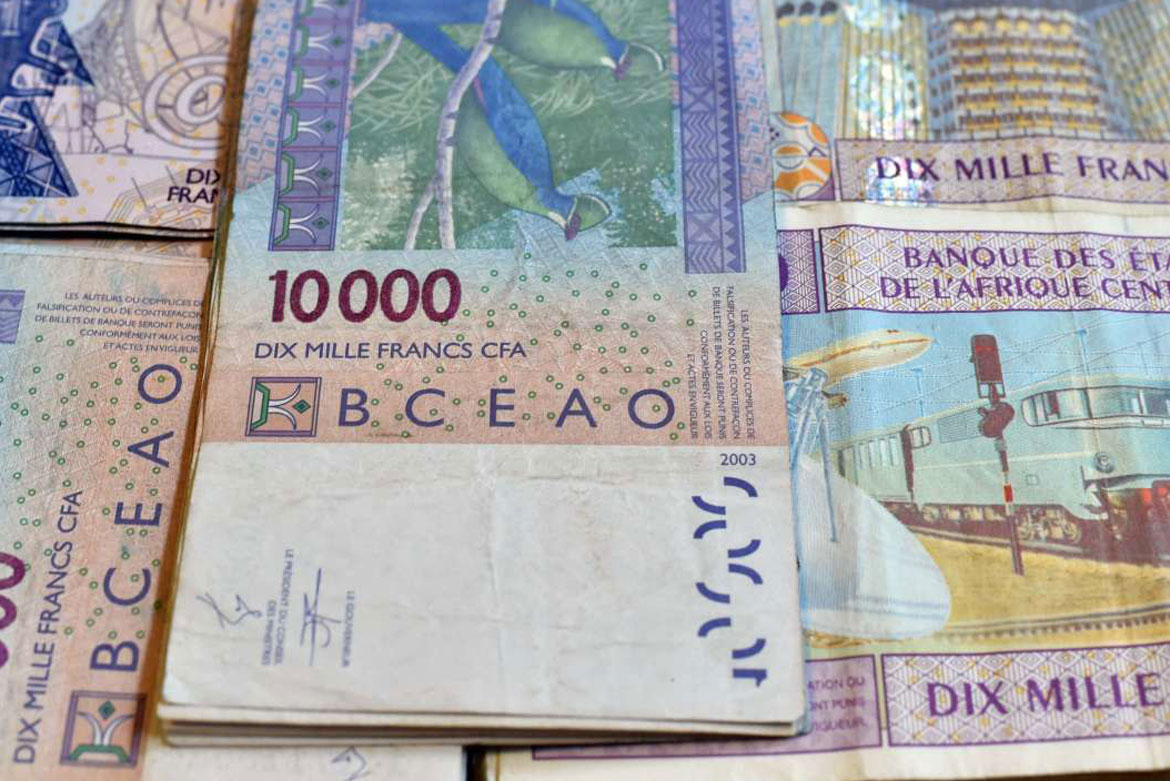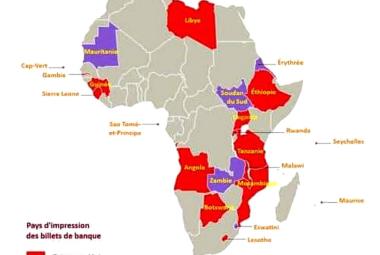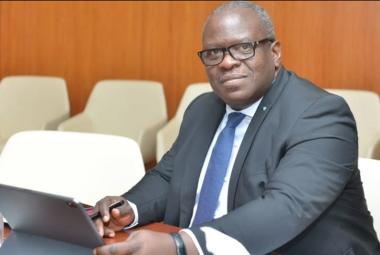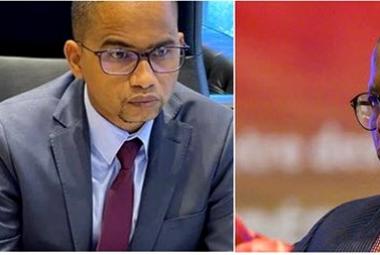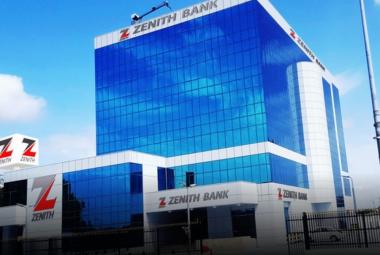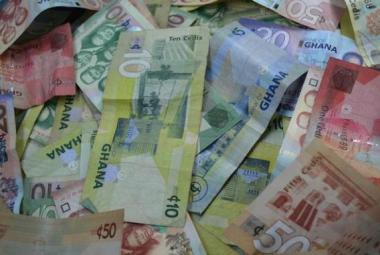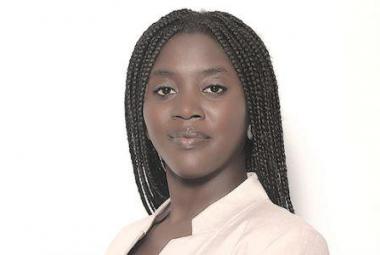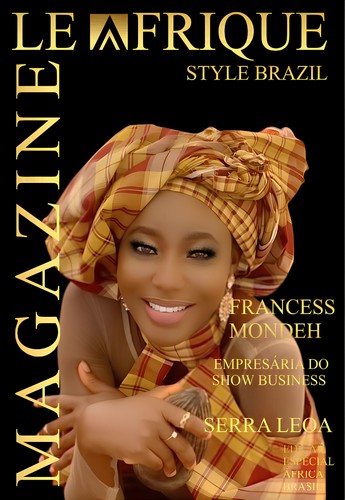Edgard Gnansounou is one of the few African professors in modeling and planning of energy systems at the Federal Polytechnic School of Lausanne, Switzerland. He directs a Bioenergy and Energy Planning Research Unit. But he is also interested in forward-looking and strategic reflection on the economic and political evolution of African countries. It is in this capacity that he created in 1994, the ICAD Association (Imagine and build the Africa of tomorrow). Author of two books on Africa, his very last book: To finish with the franc of the French colonies of Africa, published by the Harmattan editions. In this interview, the author explains what led him to write this book and what it offers to African countries.
Afrique Destinations: You have launched your second book, the title of which is: “Ending with the franc of the French colonies in Africa”. What led you to write this book?
Edgard Gnansounou: It's very simple. Today it must be recognized that the strategy on which the countries using the CFA franc are based is essentially based on imports which are also facilitated by the CFA franc. But to hope to develop, it will be necessary to move towards a strategy where we produce more and more wealth to satisfy the internal market, to export. And it must be recognized that to succeed in this, we cannot count on the CFA franc which is not at all favorable. I therefore advocate federalization so as to have economic spaces with a critical size to be able to promote industrialization. In relation to this, I propose a change in the monetary organization in the West African sub-region with two new federations which use new currencies and then Nigeria with which in a second step we would create the single currency.
What do you actually offer?
I propose the formation of two new federations which, with that of Nigeria, will be able to launch the creation of a renovated economic community and transformed into a confederation. There will be the Gulf of Guinea federation which will bring together Benin, Togo, Ghana, Ivory Coast, Guinea, Guinea-Bissau, Liberia, and Sierra Leone. Then the Sahel federation which will be composed of Niger, Burkina Faso, Senegal, Gambia, Cape Verde and Mali. A new currency, the Eco will be used initially by these two federations and in a second time, this currency will merge with the Naira, the currency of Nigeria which will have to be reinforced and this will therefore create the single currency of West Africa.
Do you think it will be as easy to integrate Nigeria for this single currency?
The proposal to have a single currency came from President Olusegun Obasanjo in 1999, who said that since several West African countries are already in the West African Economic and Monetary Union (UEMOA), Nigeria will make the effort to converge towards a macro-economic situation which creates a certain stability and makes it possible to form a single zone with WAEMU. This proposal is struggling to materialize. I have analyzed in this book the reasons why the deadline has already been postponed three times and it is this analysis that leads me to say that Nigeria is difficult to manage in this process of transition, of change and it is better for Nigeria and for West Africa as a whole not to leave Nigeria in a vacuum. Because it must be remembered, this country represents 53% of the population of the sub-region, and 64% of the GDP of the West African space.
So, anyway, Nigeria has a big impact in whatever can be done. Simply, I propose a two-stage process: the first stage is the creation of these two federations in order to have regroupings, and with Nigeria to launch a stronger dynamic at the level of the Economic Community of African States west (ECOWAS) which would be transformed into a confederation. So Nigeria steps in at the second stage. There will then be two transitional currencies, the Naira of Nigeria and another currency which will be the Eco and which will be the future currency. The two new federations will use the Eco which is the name that ECOWAS has already given to the future single currency. As a result, if we manage to control the cost and Nigeria makes the effort to adjust to other countries, we can create a new Eco that will also unite Nigeria.
For you, the CFA is then an instrument of subjection?
I do not want to insist on this aspect of the question. You just have to see that if you want to change your economic strategy, you can't continue with the CFA. This is the basic point for me. The CFA is in favor of a situation where we import more than a situation where we are a net exporter, unless the product we export is a product that is not subject to competition.
If there are other people who can supply these products, if they sell it at the same price, if they have a currency that is weaker than the currency that we have, they will be more competitive than us. If we want to export products to competitive markets, rebalance our trade balances; we have to change the currency we use, which is pegged to the Euro with a fixed exchange rate. We need to better control our strategic space. We cannot continue to make the CFA a concern of French-speaking countries. Because our populations move, go to get supplies in English-speaking countries and others. It is better to think of a grouping.
I believe that these federations will be able to support this currency that is the Eco, in order to have enough currencies so that the currency can be a credible currency at the international level. It is in this sense that we must think and not in a narrow nationalism where each country wants to have its currency, in the name of a certain sovereignty. I am for the grouping of countries; for reflections that make it possible to create a critical mass at the level of the internal market; that this market can carry industrialization to produce manufactured goods, satisfy domestic needs and for export.
Money will then be used as an instrument of this vision of economic development. The initiative for breaking with the current situation must come from where?
For me, it is not even necessary to speak of rupture but of change which must come from the population. It has to come from below, because political leaders have other priorities. They must either do everything to stay in power while respecting the law, or do everything to ensure that the alternation occurs. And the political game is played at this level.
Do Africans have room for manoeuvre?
In my opinion, the main people responsible for what is currently happening in our countries are the Africans. Because we have not taken the measure of the most important issues; was able to clearly define our strategic objectives; developed so far the intelligence necessary to achieve or at least tend towards the achievement of these objectives. We are all responsible for the future of our countries and I think it is important to cooperate in such a way as to reflect on development issues rather than wasting time on personal political positioning battles which unfortunately make the press.
Interview realised by Euloge Aïdasso



